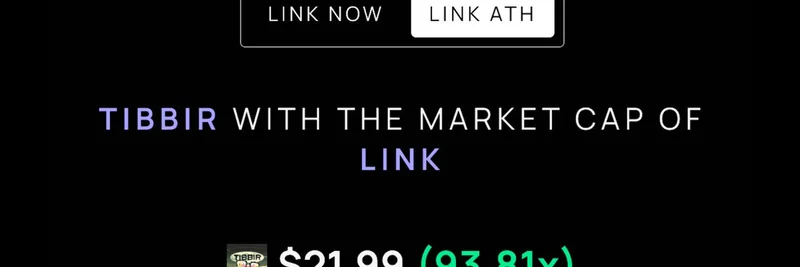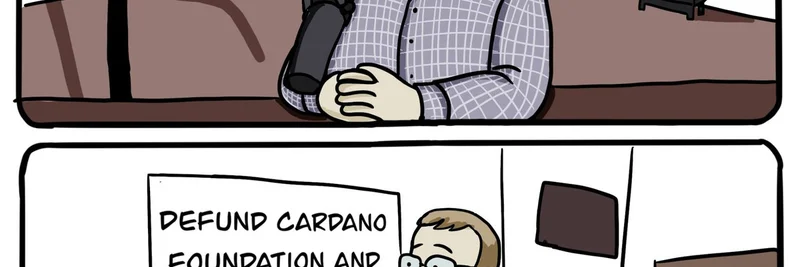The crypto world is buzzing after Laura Shin's recent tweet highlighting a pivotal discussion on the Senate's new market structure draft. As someone who's covered the ins and outs of blockchain at CoinDesk and now diving deep into meme tokens here at Meme Insider, I see this as a game-changer for the meme coin community. Let's break it down in simple terms and explore what it means for your favorite dog-themed tokens and beyond.
Shin, host of the Unchained podcast, shared a clip from the Bits + Bips show where Patrick Witt, Executive Director of the President's Council of Advisors for Digital Assets at the White House, joined the crew to unpack the draft. The conversation covers everything from why this bill is a "big step forward" to how Washington is eyeing DeFi (decentralized finance) and even President Trump's take on crypto. It's packed with insights on market trends, institutional entry, and future catalysts—perfect for anyone trading memes or building on-chain.
For context, the Senate Agriculture Committee, led by Senators John Boozman and Cory Booker, dropped this bipartisan discussion draft on November 10, 2025. It's an extension of the House's CLARITY Act, aiming to clarify rules for digital assets. At its core, the draft puts the Commodity Futures Trading Commission (CFTC) in charge of regulating spot markets for digital commodities—like Bitcoin and Ether. This means clearer guidelines on trading, consumer protections, and preventing shady practices.
But what about meme tokens? These viral coins, often launched on platforms like Solana or Ethereum, could see a massive uplift if classified as digital commodities rather than securities. Under the draft, tokens that meet certain decentralization criteria might fall under CFTC oversight, which is generally seen as more innovation-friendly than the SEC's stricter rules. No more endless debates on whether your pump.fun creation is a security—this could streamline launches and trading, attracting more liquidity and institutional players.
DeFi gets a nuanced treatment too. The draft acknowledges the complexity of permissionless systems, with bracketed sections signaling ongoing debates on KYC (know your customer) and AML (anti-money laundering) requirements. For meme enthusiasts, this matters because many memes thrive in DeFi pools and DEXs (decentralized exchanges). If the final bill protects truly decentralized protocols—think developers without control over funds—it could shield meme projects from heavy-handed regs while still cracking down on centralized scams.
Witt's optimism shines through: he predicts a Senate vote this year and highlights AI-crypto synergies as a huge opportunity. Imagine meme tokens powered by AI for smarter community engagement or automated trading. Plus, the pod touches on market signals, like Tether's future plans and spotting bull run peaks—timely advice as Bitcoin hovers near all-time highs.
Of course, nothing's set in stone. The draft needs meshing with the Senate Banking Committee's input, markups, and eventual House approval, possibly pushing full passage to 2026. But the bipartisan vibe and Trump's pro-crypto stance suggest momentum. For meme token holders, this could mean less regulatory fear, more mainstream adoption, and higher valuations.
If you're in the meme game, keep an eye on updates from sources like the Senate Agriculture Committee or analyses from CoinDesk. And check out the full Bits + Bips episode linked in Shin's tweet for the deep dive—it's worth your time if you're serious about blockchain's future.
At Meme Insider, we're all about equipping you with the knowledge to navigate these shifts. Stay tuned for more on how regs shape the meme meta.


